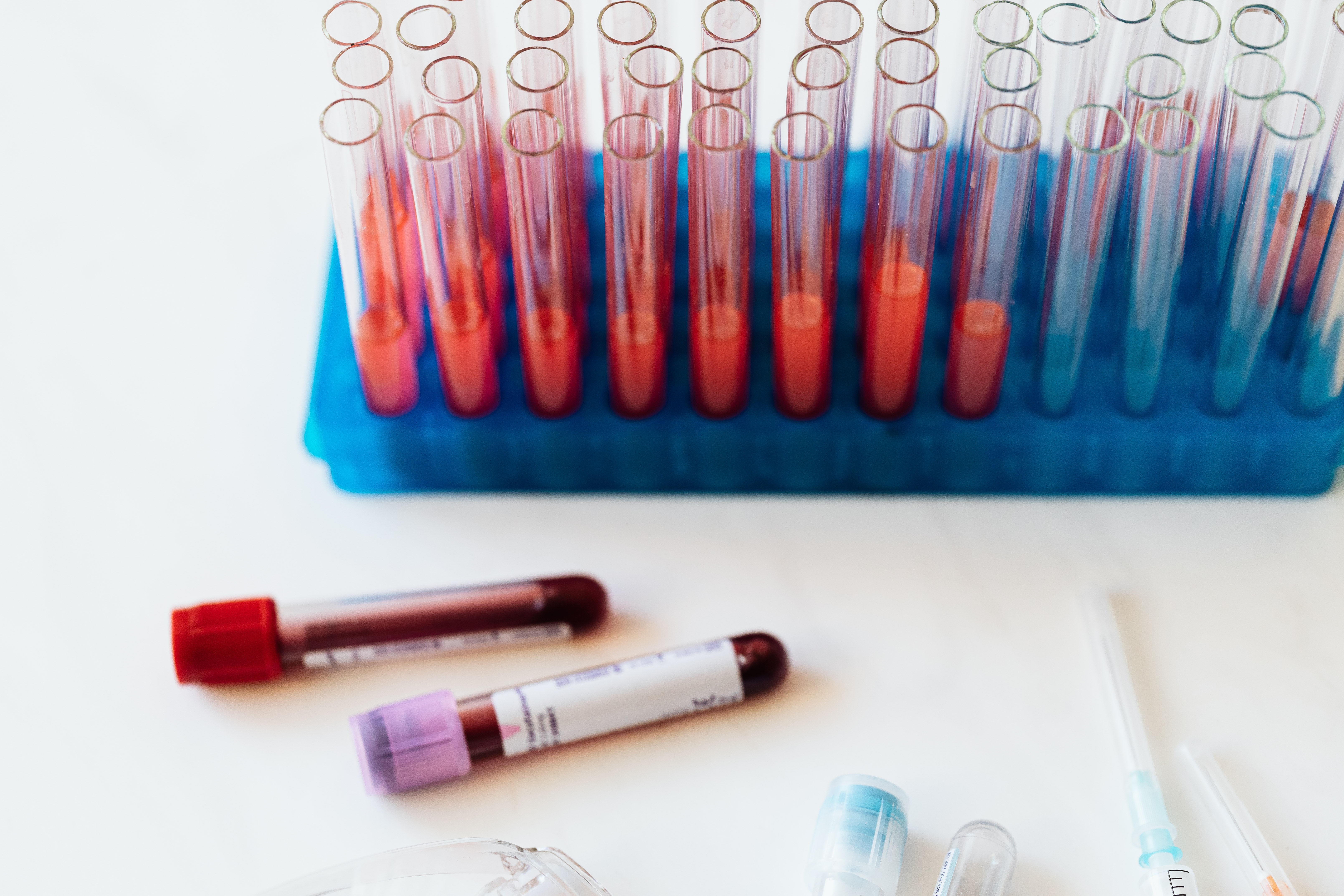Northwestern Team Awarded NIH Grant to Test COVID-19 Exposure Among Young Gay and Bisexual Men and Transgender Women
Northwestern University researchers are examining the impact of COVID-19 on young adult sexual and gender minority communities with an innovative antibody testing study funded by the National Institute on Drug Abuse (NIDA) of the National Institutes of Health (NIH). While research has found that COVID-19 disproportionately affects racial and ethnic minorities, and Black and Latinx communities in particular, little is known about how it affects sexual and gender minorities.
Led by Brian Mustanski, Ph.D., director of Northwestern’s Institute for Sexual and Gender Minority Health and Wellbeing (ISGMH), this new study is one of the first of its kind to evaluate COVID-19 exposure among sexual and gender minorities. The study will also look at whether socio-behavioral risks (vaping, smoking cigarettes or cannabis, methamphetamine use), asymptomatic systemic inflammation, and HIV infection are associated with the prevalence of antibodies specifically directed against SARS-CoV-2 among this population. The presence of SARS-CoV-2 antibodies indicate a prior infection with SARS-CoV-2, the virus that causes COVID-19.
Additional investigators on the interdisciplinary team include virologist and physician Richard D’Aquila, M.D.; pharmacologist Alexis Demonbreun, Ph.D.; biological anthropologist Thomas McDade, Ph.D.; molecular geneticist and physician Elizabeth McNally, M.D., Ph.D.; and clinical psychologist Michael Newcomb, Ph.D.
“Our study looks at community exposure to the virus that causes COVID-19 among young sexual and gender minorities assigned male at birth, with a focus on drug use, HIV, and antibody prevalence over time. In line with our current knowledge about the virus, we expect that antibodies will appear at higher rates among Black and Latinx study participants. We also hypothesize that smoking and asymptomatic systemic inflammation, both of which are relatively common among the cohort participants, could make COVID-19 an especially serious threat among sexual and gender minorities. Our prior research had found high levels of systemic inflammation in this population regardless of HIV status, in the absence of any symptoms or signs of an illness. It is absolutely critical that we understand whether sexual and gender minorities face a disproportionate risk for COVID-19 so that we can build appropriate public health interventions and connections to care,” said Mustanski.
The antibody testing will be added to an already running study of sexual and gender minority youth assigned male at birth (SGM-AMAB) called RADAR. SGM-AMAB include gay and bisexual men and transgender women. With 1,200 participants active over more than six years, RADAR is the largest and longest running longitudinal study of SGM-AMAB to look at the relationships between STIs, HIV, and drug use among this population. RADAR participants who opt-in to antibody testing will take an initial baseline test and a second test six months later.
Chicagoans who are not members of the RADAR study and would like to receive an antibody study using self-collection of a sample at home can visit the website of the SCAN study to see if they are eligible to participate.
 Participants will collect dried blood samples used for antibody testing.[/caption] The antibody testing method itself uses a simple, self-administered finger prick to create a dried blood sample, which is analyzed to determine prior exposure to SARS-CoV-2, the virus that causes COVID-19. This minimally invasive and relatively inexpensive approach to blood sampling is completed at home by participants and then mailed into a lab for testing. Because antibodies against SARS-CoV-2 are detectable in blood for months after a COVID-19 infection, even is those who were asymptomatic, the researchers will be able to determine if participants previously had COVID-19.
Participants will collect dried blood samples used for antibody testing.[/caption] The antibody testing method itself uses a simple, self-administered finger prick to create a dried blood sample, which is analyzed to determine prior exposure to SARS-CoV-2, the virus that causes COVID-19. This minimally invasive and relatively inexpensive approach to blood sampling is completed at home by participants and then mailed into a lab for testing. Because antibodies against SARS-CoV-2 are detectable in blood for months after a COVID-19 infection, even is those who were asymptomatic, the researchers will be able to determine if participants previously had COVID-19.
Testing a high-risk population
“Antibody testing is critically important for this population of young sexual and gender minorities. Our RADAR study participants are dealing with so many social and environmental barriers that put them at high risk for COVID-19. These individuals aren’t at high risk because they are sexual and gender minorities, but because they are more likely to be exposed to negative social environments, more likely to be essential workers, more likely to experience poverty and homelessness, and other social stressors. It’s very important that we pay close attention to this group,” said Tony Johnson, MPH, director of the RADAR study.
Smoking, vaping, and methamphetamine use
“We want to determine the risks associated with certain behaviors like smoking or vaping nicotine, cannabis, or methamphetamine, as well as sharing smoking/vaping paraphernalia. Because COVID-19 could be an especially serious threat to individuals who smoke, and because this population of sexual and gender minorities is more likely than their heterosexual counterparts to smoke, it’s essential that we learn more about this interplay,” said Mustanski.
Systemic inflammation and HIV
“A large proportion of the healthy cohort participants were found to have high levels of inflammatory markers in the blood when tested previously, and these high levels were not limited to those with HIV infection or any illness. Psycho-social stress or substance use are hypothetical contributors already under study. This new funding is critical to enable us to find out if such pre-existing asymptomatic inflammation increases risk of acquiring SARS-CoV-2 infection. This has not yet been looked at,” said D’Aquila.